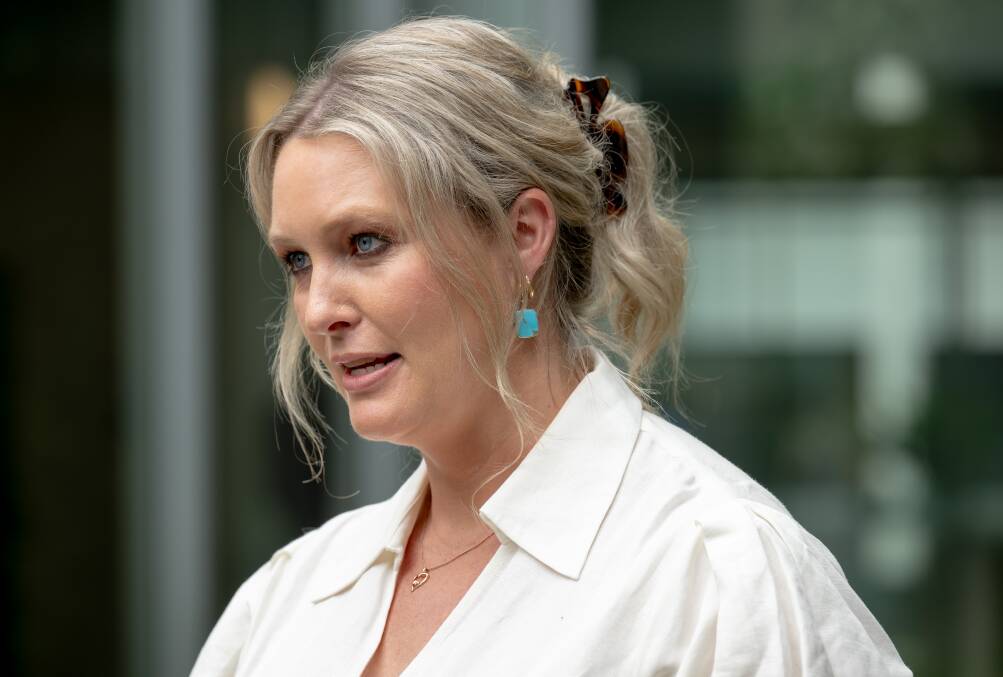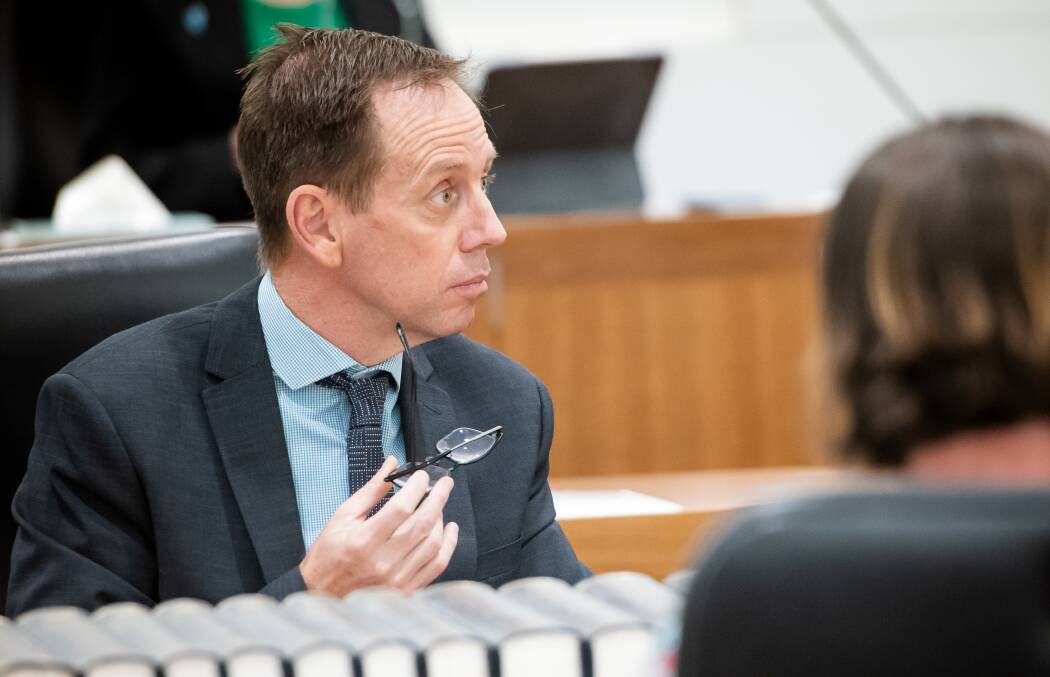A dedicated sexual assault court will be among options considered for the ACT as part of changes to the justice system to support victim-survivors.
But Attorney-General Shane Rattenbury indicated a dedicated court was not the likely option for the territory, where work was already underway to improve the court experience for sexual assault matters.
"I also want to be upfront in saying that as we work through this process, it may not specifically result in the outcome of establishing a sexual crime court in the ACT because what I am committed to is making sure we make the best improvements we can in the system and I maintain an open mind on what those might be," Mr Rattenbury said.
The Attorney-General said despite improvements, there was still more work to do to improve the system.
"Appearing in a courtroom can be a daunting experience. There's no doubt about that. Attending a courtroom as a victim-survivor of a sexual assault offence proceeding can be a traumatising experience for some people," he said.
"It is important that we continue to work to address the barriers faced by victim-survivors of sexual assault in seeking justice and reduce the risk of further traumatisation from participating in the criminal justice system."
The Legislative Assembly on Thursday agreed to a motion from Labor backbencher Marisa Paterson, who called on the government to consider three internationally recognised models to manage sexual offence proceedings.

The three models include a sexual offender re-entry model, a victim-centred problem-solving model and a specialist criminal sexual offences model. They were identified in research jointly published by the federal Attorney-General's Department in August.
Dr Paterson said there were systemic barriers so victim-survivors did not feel further disempowerment, stigmatisation or shame by participating in the criminal justice system.
"We can't walk away from the last couple of years and not see systemic change. Much of the focus in addressing sexual violence is on police responses and how we encourage people to feel safe enough to report," Dr Paterson said.
"But once victims are in the system and become part of the criminal process, we need to do a lot better in ensuring that they are not further harmed."
Dr Paterson said the majority of cases in the Supreme Court were sexual offence matters, which meant it could be argued the court already specialises in handling those crimes.
"However, we do not tick the boxes of many of the other aspects of working within that specialisation, which is what the problem is [and] which is why the system presents barriers and traumatises victim-survivors," she said.

Mr Rattenbury said he was personally committed to improving the criminal justice system for victim-survivors, and pointed existing measures to improve sexual assault case handling, including case prioritisation, specialist prosecutors and pre-recorded evidence facilities.
The Attorney-General said the government needed to be very mindful of the need to maintain the legal principles of the rule of law and the presumption of innocence.
"And I am convinced that we can do both of these things, that we can make for a better experience through the court process whilst maintaining those very important and key principles that are cornerstones of our justice system in Australia," he said.







